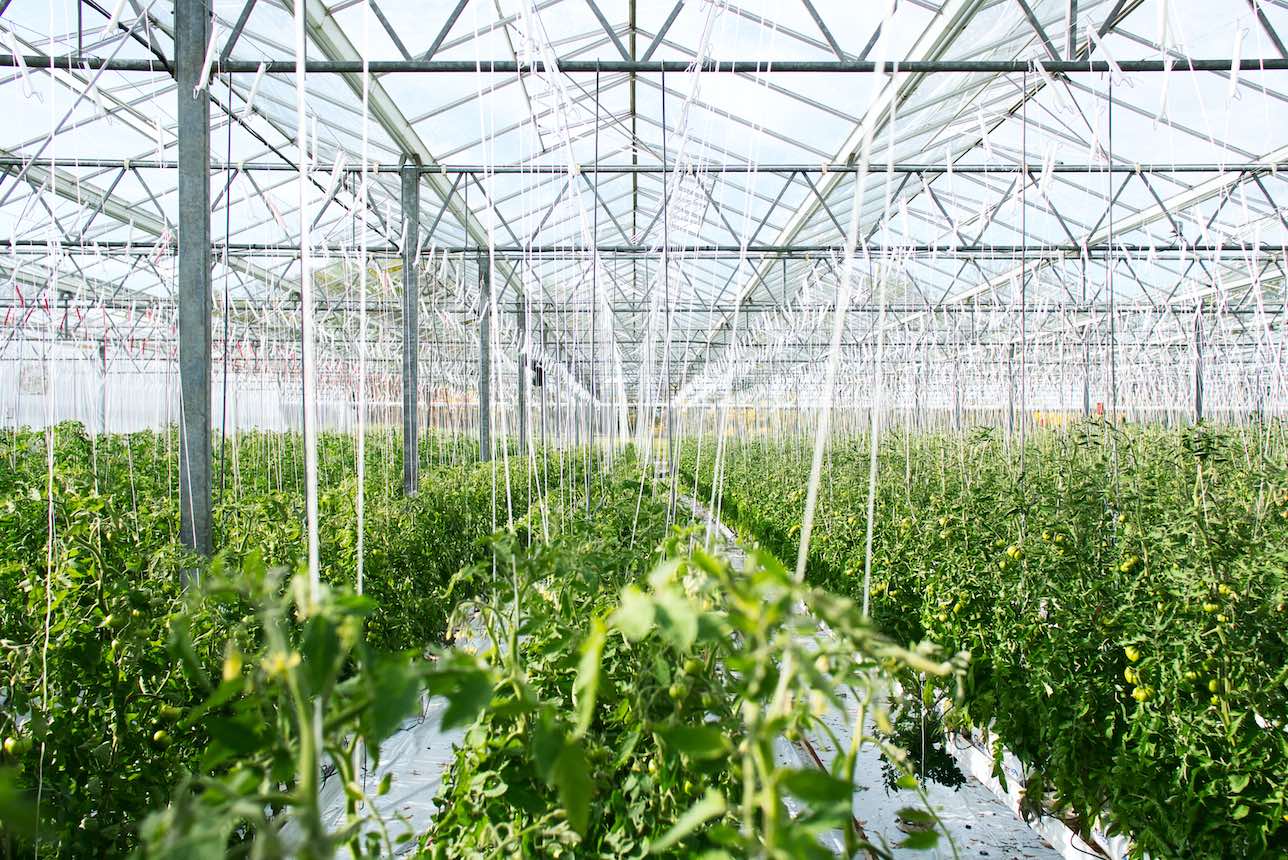The country produces more than half of all produce sold in European markets
Spanish produce has always played an important role in both European and international markets, now more than ever. The greenhouses located in Almeria and Granada in Southern Spain produce 4.5 million tons of produce and make up more than 47% of the internal market and 50% of European markets, reaching up to 60% during the winter months, when production throughout the rest of the continent isn’t viable due to low temperatures.
Almeria and Granada are examples of the sustainable management of natural resources, where greenhouses only occupy 3.4% of the province’s territory, while 50% is comprised of natural protected zones. Greenhouses in Southern Europe are a sustainable alternative that avoid the use of fossil fuels, as they only rely on solar power, on top of the fact that they save water, reduce the use of pesticides, and absorb CO2. In fact, they consume up to 30 times less energy than other production systems.
The situation provoked by the COVID-19 pandemic has underlined the international importance of the Spanish agriculture sector. The exportation of fruits and vegetables, like tomato, pepper, cucumber, eggplant, zucchini, melon, and watermelon, grew 3,6% in March 2020 compared to the previous month, and the industry experienced a 12% increase in the consumption of organic produce during the months of March and April in respect to the same months of the previous year.
These changes in habits of consumers can very well be related to the effects of the pandemic, which has caused a shift towards healthier eating with an emphasis on organic and sustainably produced foods. But all of this focus on responsible consumption is not merely a trend motivated by the pandemic.
According to a survey conducted by the consulting group McKinsey, 25% of European consumers have made a change in their diet in the last three years to prioritize health and sustainability.
Spain has more land dedicated to the cultivation of organic produce than any other European country, which is why an increase in interest and demand for these types of products could have such a positive impact on the country’s agriculture industry.
Of course, the pandemic has had plenty of negative affects spanning many sectors of the economy, especially hospitality and tourism, but the Spanish agriculture industry has made its way to the forefront thanks to its reliability and commitment to the environment.












